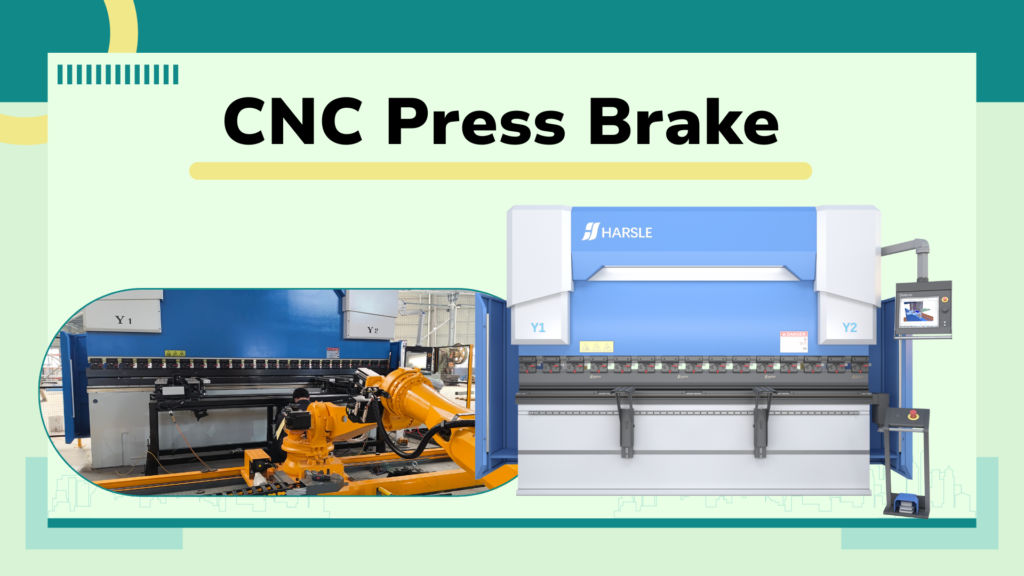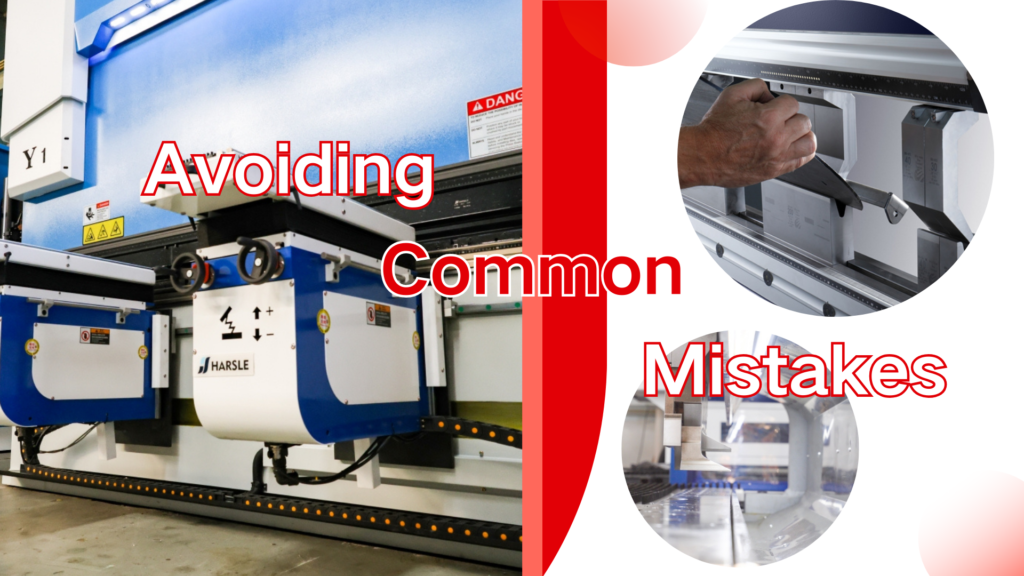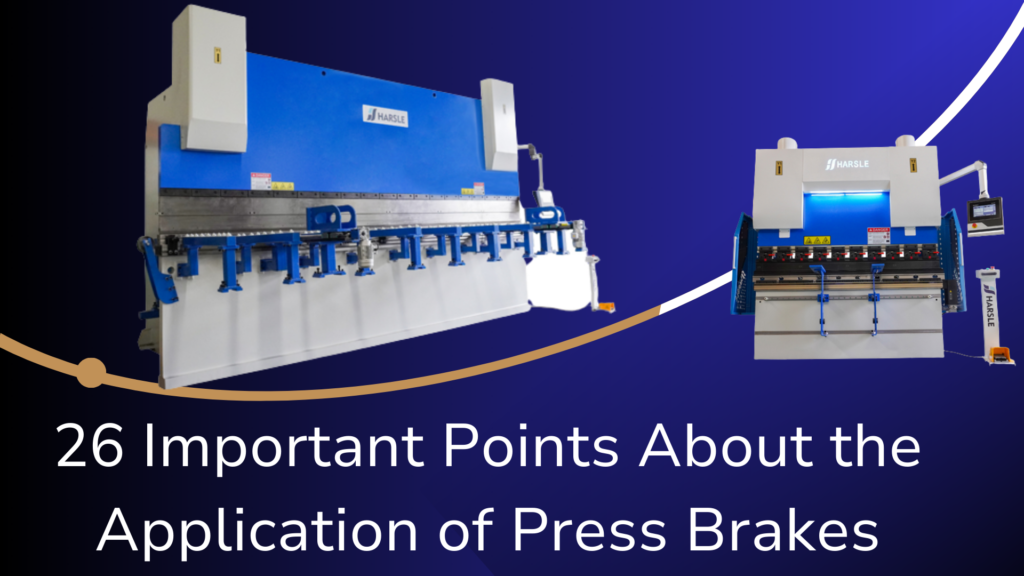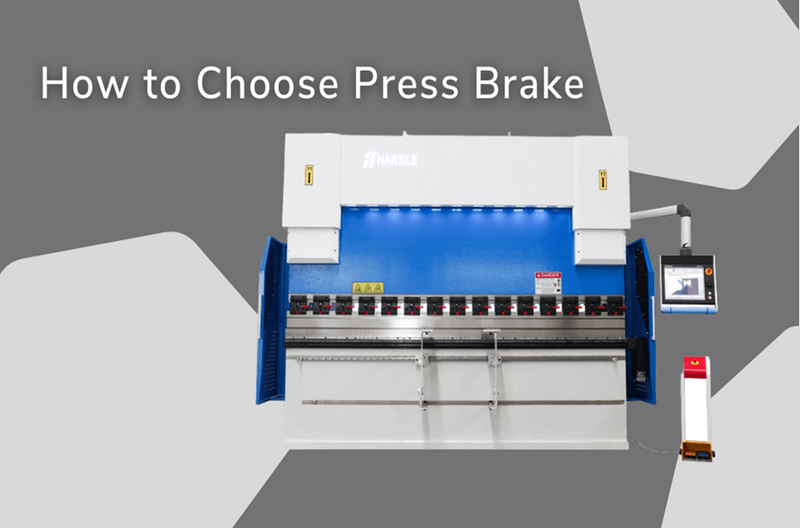Training and Skill Development for CNC Press Brake Operators

In the dynamic world of manufacturing, the CNC (Computer Numerical Control) press brake stands out as a pivotal tool for shaping and forming metal sheets with precision. The sophistication of CNC press brakes demands not only advanced machinery but also skilled operators who can harness their full potential. This article delves into the crucial aspects of training and skill development for CNC press brake operators, exploring the essential skills required, the benefits of comprehensive training, and strategies for effective development.
Understanding the CNC Press Brake
Before diving into the specifics of training, it’s essential to understand what a CNC press brake is and its role in manufacturing. A CNC press brake is a machine used to bend and shape metal sheets by applying force through a die and punch system. The CNC aspect refers to the computerized control system that allows for precise adjustments and programming, making the process highly accurate and repeatable.
Operators must be adept at using these controls to program complex bends, adjust parameters, and ensure the machine produces high-quality components. Given the complexity and precision required, proper training is paramount.

Essential Skills for CNC Press Brake Operators
- Technical Proficiency:
- Machine Operation: Operators must be familiar with the various components of the CNC press brake, including the control panel, hydraulic systems, and tooling. Understanding how to navigate and utilize the machine’s interface is crucial for accurate operations.
- Programming: CNC press brakes require programming to execute precise bends and cuts. Operators need to be skilled in using software to input specifications and adjust settings for different projects.
- Material Knowledge:
- Operators should have a solid understanding of the materials they are working with, including their properties and how they react to bending and forming processes. Knowledge of material thickness, type, and tolerances is vital for successful operations.
- Mathematical Skills:
- Precision in bending requires strong mathematical skills. Operators must be able to perform calculations related to angles, lengths, and tolerances to ensure the final product meets the design specifications.
- Attention to Detail:
- The quality of the finished product heavily depends on the operator’s attention to detail. Accurate measurements, correct programming, and meticulous handling are essential to avoid defects and ensure high-quality output.
- Problem-Solving Abilities:
- Operators must be adept at troubleshooting issues that arise during operation, such as incorrect bends or machine malfunctions. Quick thinking and problem-solving skills are crucial for minimizing downtime and maintaining productivity.
- Safety Awareness:
- CNC press brakes involve heavy machinery and high forces, making safety a top priority. Operators must be trained in safety protocols to prevent accidents and ensure a safe working environment.

Benefits of Comprehensive Training
Investing in comprehensive training for CNC press brake operators offers several benefits:
1. Enhanced Operational Efficiency
One of the most immediate benefits of comprehensive training for CNC press brake operators is the significant improvement in operational efficiency. Well-trained operators possess a deep understanding of the machine’s functions, controls, and programming requirements. This knowledge allows them to set up the machine quickly and accurately, reducing setup times and minimizing the risk of errors. As a result, production runs smoother, and the overall throughput increases. Efficient operation translates to faster turnaround times for projects and a more streamlined manufacturing process, ultimately leading to increased productivity and profitability for the business.
2. Improved Quality and Precision
Comprehensive training ensures that CNC press brake operators are well-versed in techniques that enhance the quality and precision of their work. Skilled operators can program the machine with high accuracy, perform precise bends, and adjust settings to meet exact specifications. This precision minimizes defects and inconsistencies in the finished products, resulting in higher-quality components that meet or exceed industry standards. Consistent quality not only satisfies customer expectations but also reduces the need for rework and material waste, contributing to cost savings and a stronger reputation for the business.
3. Reduced Machine Downtime
Training plays a crucial role in minimizing machine downtime by equipping operators with the skills to quickly identify and resolve issues. Operators who are knowledgeable about common problems and troubleshooting techniques can address malfunctions or operational challenges more efficiently. By reducing the time spent on repairs and maintenance, the machine remains operational for longer periods, leading to uninterrupted production schedules. Reduced downtime enhances overall productivity and helps meet tight deadlines, ensuring that production goals are consistently achieved.

4. Increased Safety and Risk Management
Safety is a paramount concern when operating CNC press brakes, given the heavy machinery and high forces involved. Comprehensive training includes a strong emphasis on safety protocols and best practices. Operators who are well-trained in safety procedures are better equipped to recognize potential hazards and take preventive measures. Proper safety training reduces the risk of accidents and injuries, creating a safer working environment. Additionally, a focus on safety helps protect valuable equipment and reduces the likelihood of costly accidents or legal issues related to workplace safety.
5. Cost Savings Through Error Reduction
Investing in thorough training for CNC press brake operators can lead to substantial cost savings by reducing errors and associated costs. Trained operators are less likely to make mistakes that result in defective parts or the need for rework. Fewer errors mean less waste of materials and less time spent correcting problems, which translates to lower production costs. Over time, these cost savings can add up, providing a significant return on investment for the training program and contributing to the financial health of the business.
6. Enhanced Adaptability to New Technologies
The manufacturing industry is continuously evolving, with new technologies and advancements emerging regularly. Comprehensive training prepares CNC press brake operators to adapt to these changes by providing them with the skills to operate and program advanced machinery and software. Operators who are familiar with the latest technologies can quickly integrate new features or updates into their workflow, maintaining a competitive edge and ensuring that the business remains at the forefront of industry advancements.
7. Higher Employee Satisfaction and Retention
Investing in training and skill development not only benefits the business but also enhances employee satisfaction and retention. Operators who receive comprehensive training feel more confident in their roles and are better equipped to handle their responsibilities effectively. This sense of competence and professional growth can lead to increased job satisfaction and loyalty. In turn, higher employee satisfaction contributes to lower turnover rates, reducing the costs associated with hiring and training new staff and fostering a more stable and experienced workforce.
8. Optimized Machine Utilization
Proper training ensures that CNC press brake operators can fully utilize the capabilities of the machine. By understanding advanced features and functions, operators can maximize the machine’s potential, such as optimizing bending sequences, utilizing different tooling options, and achieving complex bends with precision. Optimized machine utilization enhances overall performance and productivity, allowing the business to take on more diverse and challenging projects.
9. Enhanced Problem-Solving Skills
A comprehensive training program equips operators with critical problem-solving skills that are essential for addressing issues that arise during production. Trained operators can quickly diagnose and troubleshoot problems, whether they involve machine settings, material issues, or programming errors. This proactive approach to problem-solving helps maintain smooth operations and minimizes disruptions, ensuring that production goals are met and deadlines are adhered to.
10. Long-Term Financial Benefits
The long-term financial benefits of investing in comprehensive training are significant. While there may be an initial cost associated with training programs, the return on investment is realized through increased efficiency, improved quality, reduced downtime, and cost savings. Additionally, well-trained operators contribute to a positive reputation for the business, attracting more customers and potentially leading to increased sales and profitability. The long-term financial advantages of effective training make it a worthwhile investment for any manufacturing operation.
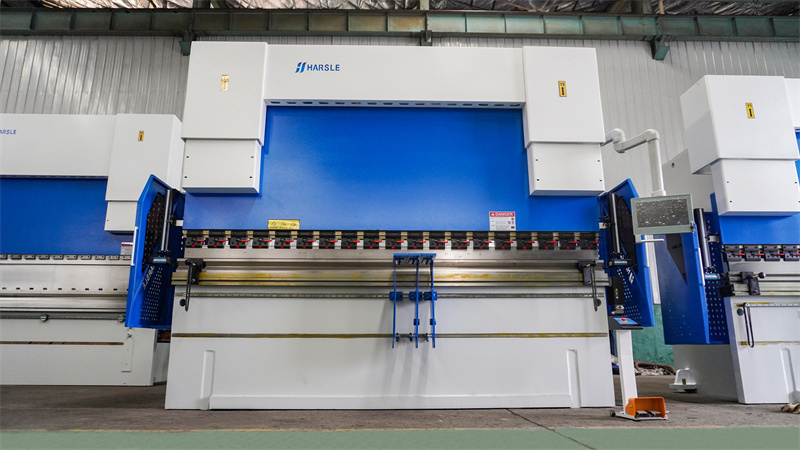
Strategies for Effective Training and Skill Development
- Structured Training Programs:
- Develop a structured training program that covers all aspects of CNC press brake operation, from basic machine functions to advanced programming techniques. Include hands-on training sessions to provide practical experience.
- Certified Training Providers:
- Partner with certified training providers or institutions that offer specialized courses in CNC press brake operation. These providers often have extensive experience and resources to deliver high-quality training.
- On-the-Job Training:
- Implement on-the-job training where new operators work alongside experienced staff. This approach allows them to learn from real-world scenarios and gain practical skills in a controlled environment.
- Regular Skill Assessments:
- Conduct regular skill assessments to evaluate operators’ proficiency and identify areas for improvement. Use these assessments to tailor additional training or refresher courses as needed.
- Continuing Education:
- Encourage operators to pursue continuing education opportunities to stay updated on the latest technologies and techniques. This commitment to lifelong learning ensures that operators remain competitive and skilled.
- Simulation and Virtual Training:
- Utilize simulation and virtual training tools to provide operators with a risk-free environment to practice their skills. These tools can replicate various scenarios and help operators develop problem-solving abilities.
- Feedback and Mentorship:
- Provide regular feedback to operators on their performance and offer mentorship from experienced professionals. Constructive feedback helps operators refine their skills and gain valuable insights.
- Safety Drills:
- Incorporate safety drills into training programs to ensure operators are prepared for emergency situations. Regular drills reinforce safety protocols and enhance operators’ readiness.
Conclusion
Training and skill development for CNC press brake operators are crucial for maximizing the potential of this sophisticated machinery. By investing in comprehensive training programs, manufacturers can enhance efficiency, improve quality, and ensure a safe working environment. A well-trained operator is not only a valuable asset but also a key contributor to the success of manufacturing operations. As technology continues to evolve, ongoing skill development will remain essential for staying ahead in the competitive world of CNC machining.



